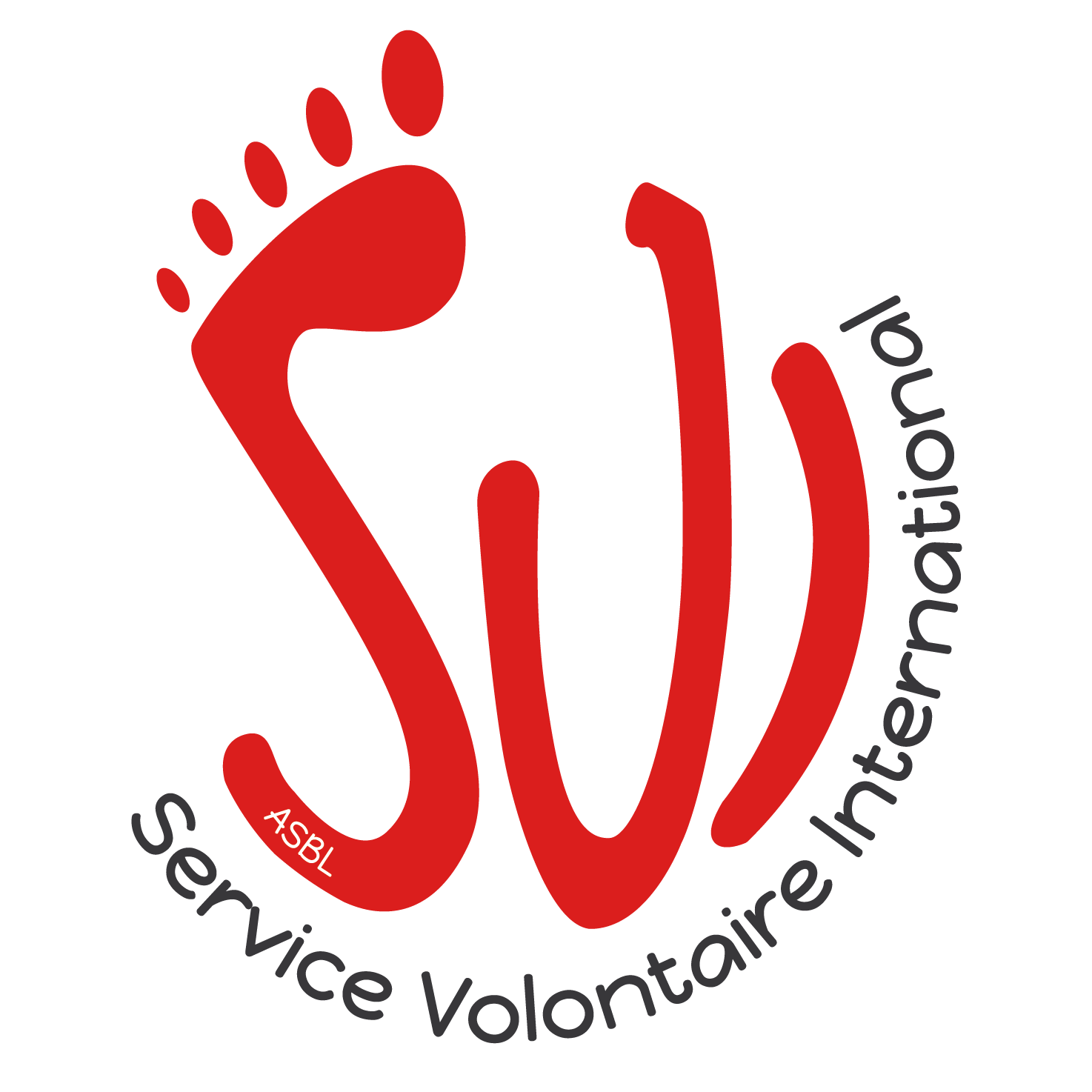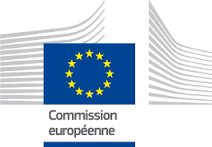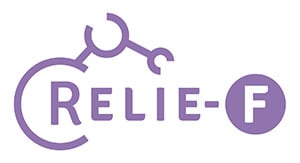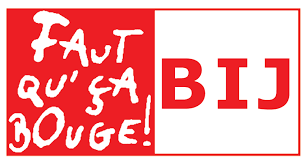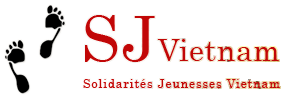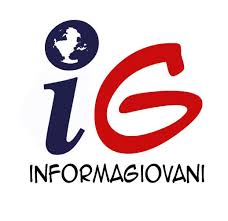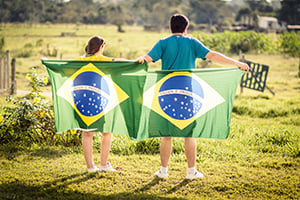Mongolia is an Asian country enclosed between Russia and China. The capital and biggest town is Oulan-Bator, the official language is Mongolian and the currency is the tugrik.
Mongolia’s territory is immense but has very little arable land, as the country is mountainous and covered with steppes whose aridity increases when you go to the south (Gobi Desert). This desert is also the 5th largest desert in the world and the cradle of priceless archeological digs. In the past, the Gobi Desert was an ocean and the archeologist Roy Chapman Andrews once discovered eggs of dinosaur ! It’s this adventure that apparently inspired the adventures of the famous Indiana Jones… The desert is also populated of camels who can support temperatures from 0° to 50°. The country also hosts the second most important population of yacks in the world and is the last one to have so many wild horses. Actually, there are 13 times more horses than Men in Mongolia and about 25 sheep for one person.
Since 1990, Mongolia is in the midst of an economic transition from a planned economy to a market economy based on a general privatisation process. A serie of devastating consequences touched the whole economy, sparing no sector. For the foreign volunteers, the cost of living will be therefore favorable towards their budget. Here is a few examples :
| Basic products | Prices in Euros / Mongolian Tugriks |
|---|---|
| 1L of water (botel) | 0,33 € / 734 MNT |
| 1 meal (2 dishes) | 2,67 € / 5 964 MNT |
| 1 bus ticket | 0,21 € / 467 MNT |
In this country sparsely populated but as large as Western Europe, the transport infrastructure is a problem. It’s very difficult to come to population’s aid given that many families constantly travel, as the herdsmen look for better pasture for their livestock. But be assured, climate is not only catastrophic, the country is generally at the heart of a high-pressure system (anticyclone) that make the sky very often cloudless (annual average of 257 days without clouds). Mongolia is by the bye nicknamed the “Land of the Blue Sky”.
About half of the population stays in yurts. One third of Mongolians are pure mobile workers who live off the farming of small horses, sheep, goats, bovines and camels. Eight millions of these animals died during the winter 2009-2010.
Despite of the farming and wheat culture, Mongolia cannot provide for its food needs, due to a culture change.
Vaccine and specific advice :
Find out what vaccines are recommended for the country and what are the diseases preventive and/or treatment measures on site.
Checklist :
Vaccine renewal, country-specific vaccinations: 1-3 months before leaving
Visit your doctor or specialist for any health problem, repeat of medical prescriptions, contraception, to have a sufficient initial stock of drugs, adjustment of dosages. Moreover, you will need to send your coordinator a certificate from your doctor certifying that you are well able to participate in an international volunteer project.
Dentist: a dental check-up can be useful before you leave !
We recommend you to visit the mentioned below websites to consult the travel advice.
United Kingdom : https://www.gov.uk/foreign-travel-advice/mongolia/safety-and-security
MCE is a NGO that organizes workcamps and volunteer projects in Mongolia. It was founded in 2001 further to the necessity in Mongolia to encourage volunteering because there was indeed no organization before 2000 that was organizing workcamps or volunteer projects within the country, despite of the important needs.
Through practical projects, MCE wishes to support the recognition in the public sphere of the social problems that lives Mongolia and to promote local actions.
With regard to obtaining a visa and entry requirements, we invite you to contact the embassy in question.
Embassy of Mongolia in the UK :
- 2833 M street, N.W.
Washington, D.C. 20007
United States - TELEPHONE (+1) 202-333-7117
- FAX (+1) 202-298-9227
- EMAIL [email protected]
- WEBSITE mongolianembassy.us
Embassy of Mongolia in the UK :
- 7 Kensington Court
London W8 5DL
United Kingdom - TELEPHONE (+44) 20 7937 0150
(+44) 20 7937 5238 - FAX (+44) 20 7937 1117
- EMAIL [email protected]
- WEBSITE www.embassyofmongolia.co.uk
Embassy of Mongolia in Canada :
- 132 Stanley Avenue
Ottawa, ON K1M 1N9
Canada - TELEPHONE (+1) (613) 569-3830
- FAX (+1) (613) 569-3916
- EMAIL [email protected]
- WEBSITE ottawa.embassy.mn
